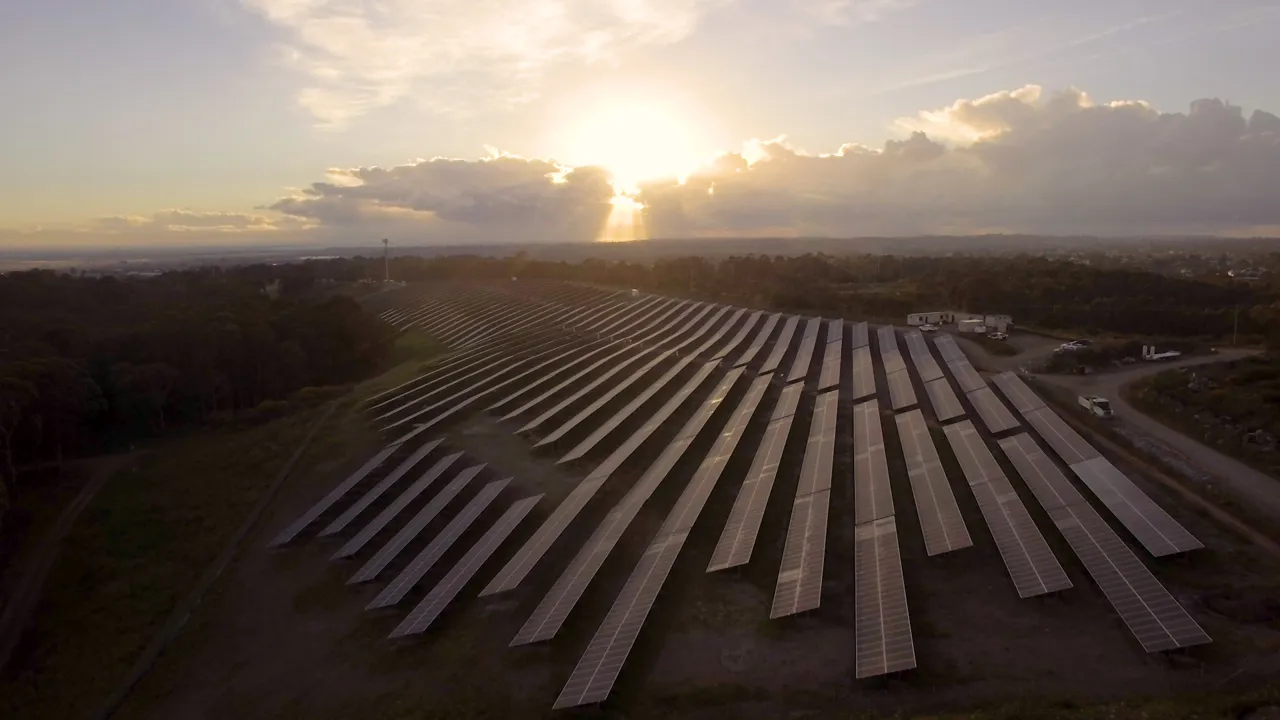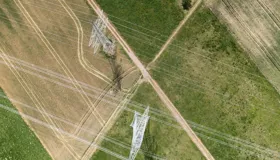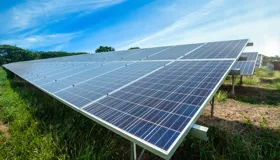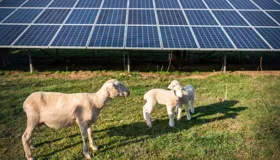
Driving on sunshine: Newcastle solar farm supplies EV charger energy
Old colliery site helps accelerate energy transition
City of Newcastle is using energy generated by CEFC-backed Summerhill Solar Farm to power electric vehicle charging ports as EV take up accelerates.
$6.5 million
CEFC commitment
14,500
solar panels
Surging
EV take up
We are delighted to work with Newcastle City Council on this landmark project, and to see its exciting transition to a sustainable city of the future.Ian LearmonthCEO, CEFC
Our investment
The CEFC committed $6.5 million to a City of Newcastle project in 2018 to develop a solar farm on a capped landfill site that was once part of the Wallsend Borehole Colliery.
The 5 MW Summerhill Solar Farm was built alongside a 2.2 MW landfill gas generator and small wind turbine to create a renewable energy hub at the City of Newcastle Summerhill Waste Management Centre.
The 14,500-panel solar farm delivered $420,000 in revenue in its first six months of generation, which exceeded business model estimates of $250,000 a year in possible savings.
Together with 12 solar installations on the rooftops of the council’s public buildings, energy-efficient LED lighting, electric vehicle chargers and cycling infrastructure, the solar farm is generating savings by reducing the council’s reliance on fossil fuels.
The City won the prestigious Local Government Sustainability Award in 2019 for its commitment to renewables and reducing carbon emissions.
our impact
Driving net zero ambitions backed by solar
Summerhill Solar Farm, which has been operating since 2019, supported the City of Newcastle to become the first council in New South Wales to become 100 per cent renewable for all its electricity needs.
The council has since adopted a target of net zero emissions for its operations by 2030 and a net zero Newcastle by 2040 under its Climate Action Plan 2021-2025.
Eyeing an electric vehicle future
The council reports that in 2025 more than 1,350 EVs were registered in Newcastle, a number that has risen by more than 1,000 per cent in four years. However, many drivers lack access to off-street parking to charge an EV.
As part of its Environment Strategy, the council also has a target of 52 per cent of all new car registrations being EVs by 2030-31. This has seen the installation of 34 EV charging ports across 11 locations, powered by 100 per cent renewable energy from Summerhill Solar Farm and an existing power purchase agreement with the Sapphire Wind Farm, which the CEFC also financed.
The EV charger initiative was co-funded by a $270,000 grant from the NSW Government as part of the EV Kerbside Charging Grants.




